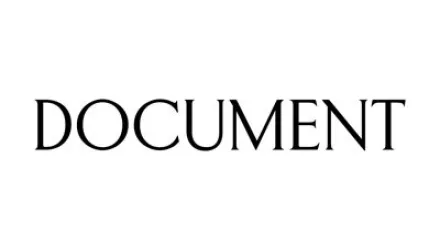AI Cyber Lunch: Nazli Choucri on "Toward Securing the Long Chain of Global Communication Infrastructure"
Well over 95% of today's Internet communication is transmitted through undersea cables, submerged networks that most of us take for granted. But how secure are these flows?
Join the Science, Technology, and Public Policy Program for an AI Cyber Lunch Seminar featuring Nazli Choucri, Professor of Political Science at MIT. In a talk entitled, "Toward Securing the Long Chain of Global Communication Infrastructure," Choucri will discuss flows, choke points, and interesting patterns that emerge in the global communication infrastructure.
Q&A to follow. Buffet-style lunch will be served.
Registration: In-person attendance is limited to current Harvard ID holders. No RSVP is required. Room capacity is limited and seating will be on a first come, first served basis.
Members of the public are welcome to attend virtually via Zoom. Virtual attendees should register using the button below; upon registering, attendees will receive a confirmation email with a Zoom link.
Recording: Please be advised that this seminar will not be recorded.
Accessibility: Persons with disabilities who wish to request accommodations or who have questions about access, please contact Liz Hanlon (ehanlon@hks.harvard.edu) in advance of the session.


